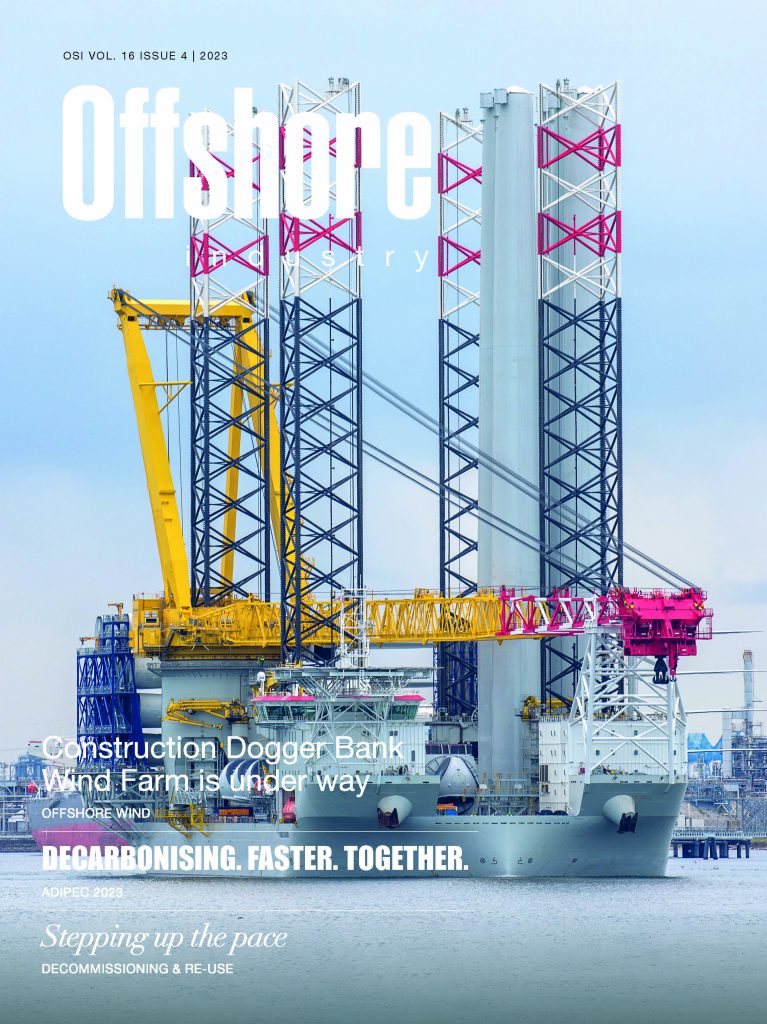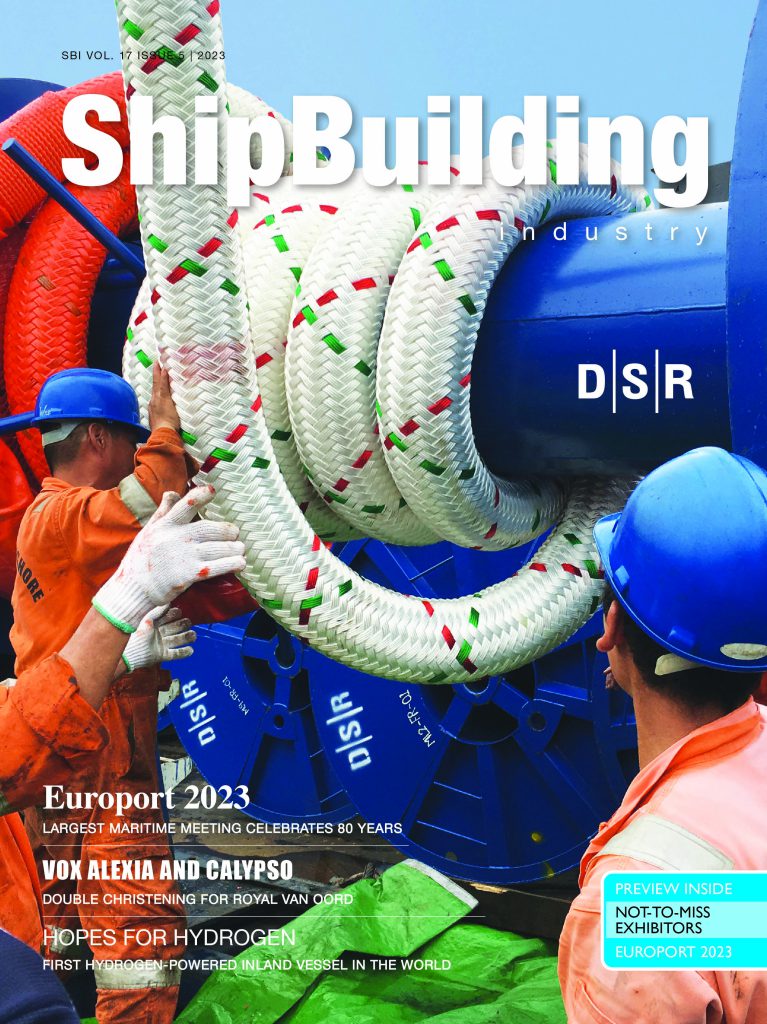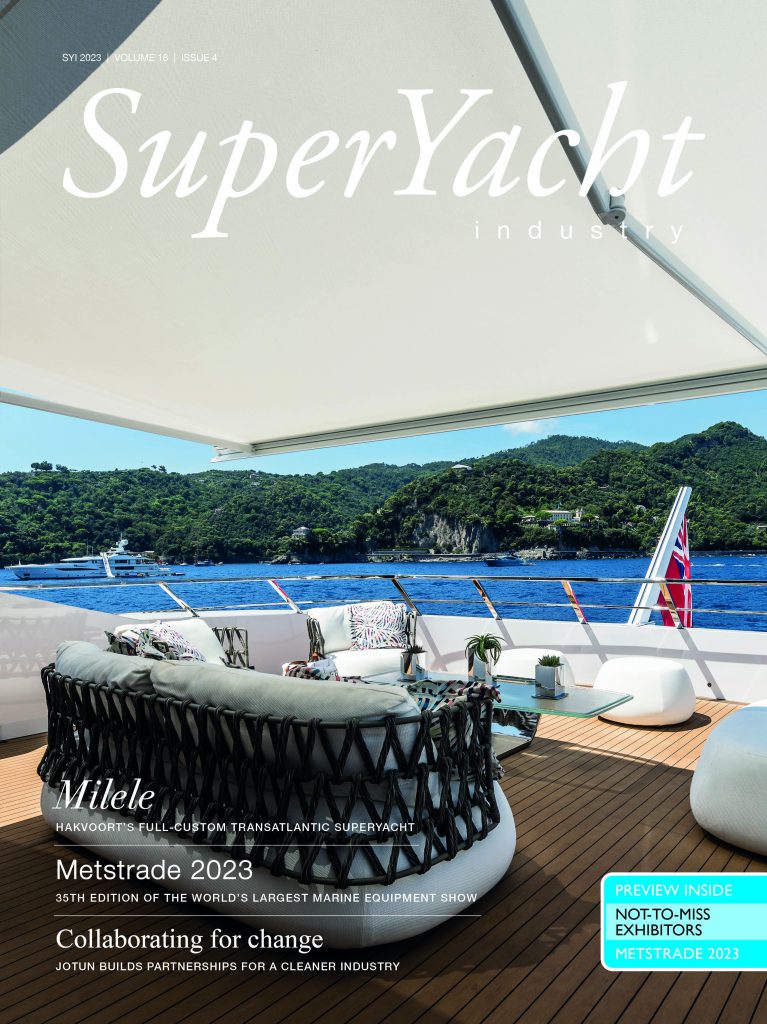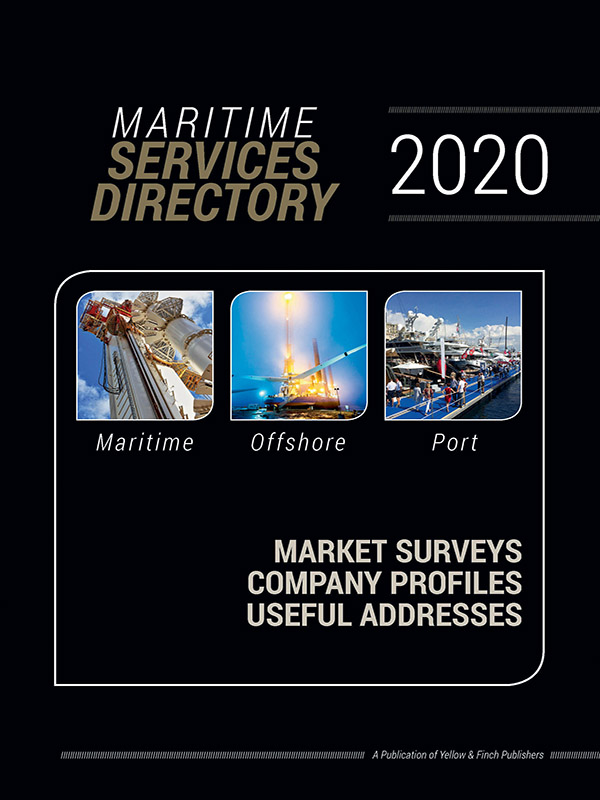Van Oord and Shell Start Biofuel Pilot for Vessels
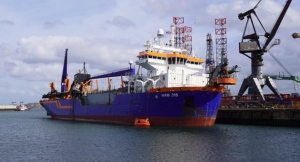 Marine contractor Van Oord is testing the use of biofuel on its fleet, together with Shell. The biofuel reduces CO2emissions by more than 40% compared with conventional marine fuel. The first pilot will take place during a dredging project in Germany on Van Oord’s trailing suction hopper dredger HAM 316.
Marine contractor Van Oord is testing the use of biofuel on its fleet, together with Shell. The biofuel reduces CO2emissions by more than 40% compared with conventional marine fuel. The first pilot will take place during a dredging project in Germany on Van Oord’s trailing suction hopper dredger HAM 316.
“We are very proud of this collaboration with Van Oord”, says Shell project leader Pepijn van den Heuvel. “Biofuels are one of the solutions for shipping that can be implemented in the short and medium term. Biofuels can be blended with conventional fuels without the need for major technical modifications to the engines. Partners such as Van Oord have the technical expertise to monitor and supervise such pilots effectively.”
The shipping industry is being faced by major sustainability challenges. By 2050, global shipping will have to emit an average of 50% less CO2than in 2008. In addition, Van Oord has signed the Green Deal with the aim of achieving a 70% reduction by 2050 compared to 2008. Van Oord and Shell have signed an agreement to carry out a large-scale biofuel pilot. Following the pilot, the possibility of using biofuels on other vessels will also be examined.
“We invest in initiatives and partnerships that contribute to the sustainable implementation of our projects”, says Ronald Schinagl, Director Business Unit Netherlands at Van Oord. “Our aim is to achieve a significant reduction in emissions. This partnership with Shell is an important step in this process.”
Trailing suction hopper dredger HAM 316 will sail from Rotterdam to Cuxhaven and will be employed on the German project during the biofuel pilot. The ultra low-sulphur fuel easily complies with current ECA regulations. “We’re testing a second-generation biofuel made from waste products such as cooking oil. Moreover, it is ISCC certified, which means that the entire chain is certified by a third party”, says Mr van den Heuvel.
Current calculations show that the biofuel is an effective and affordable method of reducing CO2emissions. The test will indicate whether the fuel can be used in practice in existing vessels. The local emissions of the vessel will be measured during the work and after completion the engine will be inspected.



